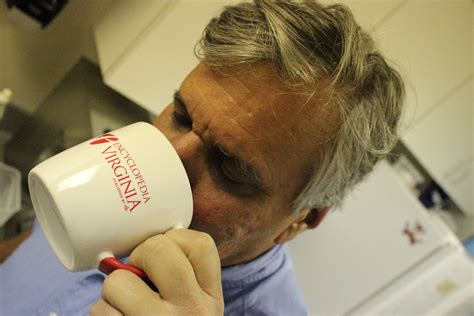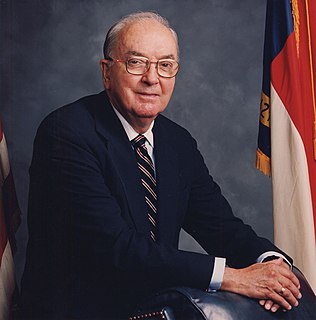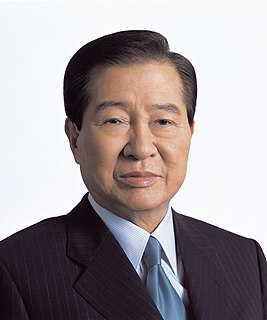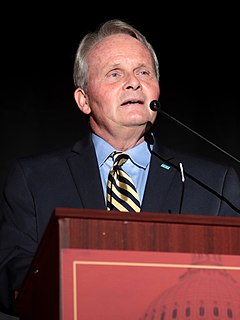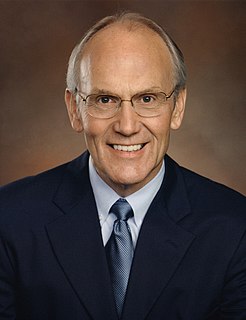A Quote by Jacob G. Hornberger
The biggest threat to the American people today lies with the United States government. ... [T]he long-term solution is to dismantle, not reform, the iron fist of the welfare state and the controlled economy. This includes the end (not the reform) of the IRS, the DEA, the BATF, the SEC, the FDA, HUD, the departments of HHS, Labor, Agriculture, and energy, and every other agency that takes money from some and gives it to others or interferes with peaceful behavior.
Quote Topics
Agency
Agriculture
American
American People
Behavior
Biggest
Controlled
Departments
Dismantle
Economy
End
Energy
Every
Fda
Fist
Gives
Government
Iron
IRS
Labor
Lies
Long
Long-Term
Money
Other
Others
Peaceful
People
Reform
SEC
Solution
Some
State
States
Takes
Term
Threat
Today
United
United States
United States Government
Welfare
Welfare State
Related Quotes
Today's political leaders demonstrate their low opinion of the public with every social law they pass. They believe that, if given the right to chose, the citizenry will probably make the wrong choice. Legislators do not think any more in terms of persuading people; they feel the need to force their agenda on the public at the point of a bayonet and the barrel of a gun, in the name of the IRS, the SEC, the FDA, the DEA, the EPA, or a multitude of other ABCs of government authority.
Reagan said that government is not the solution to our problems, government is the problem. And he was going to dismantle that government. Well, long story short, he failed to do that. He built up the military to a much greater status, more people in it, and actually more employees after the end of the Reagan administration. And, to achieve his objectives, he did some of the very same things that Trump is doing to achieve his. What Ronald Reagan really wanted to dismantle was the welfare state. And he had limited success in doing that.
The welfare state is predicate don collecting money from today's workers in order to pay for those who paid in before them. But today's workers don't have enough money to sustain the scheme, and there are too few of them to do so. As a result, virtually every welfare state in Europe, and many American states, like California are going broke.
If the states and territories do not sign up to fundamental reform, then my message is equally simple: we will take this reform plan to the people at the next election - along with a referendum by or at that same election to give the Australian Government all the power it needs to reform the health system.
The history of the welfare state is the history of public enterprise pushing out private organization. The impact was largely unintentional, but natural and inevitable. Higher taxes left individuals with less money to give; government's assumption of responsibility for providing welfare shriveled the perceived duty of individuals to respond to their neighbors' needs; and the availability of public programs gave recipients an alternative to private assistance, one which did not challenge recipients to reform their destructive behavior.
What I think we need to do to engage the American people in a conversation about entitlement reform is to have a bipartisan group of people who come together and put every solution on the table, every alternative on the table. And then we ought to engage in a long conversation with the American people so they understand the choices.


